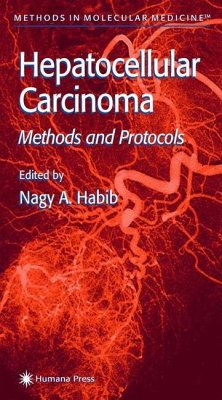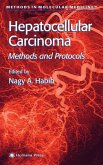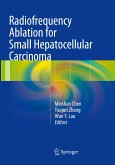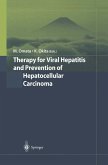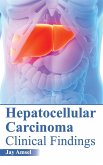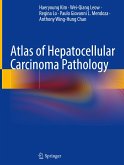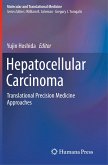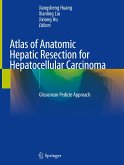Advances in molecular characterization and novel gene-isolation techniques have vigorously expanded our understanding of hepatocellular carcinoma (HCC), a form of liver cancer that affects one million people annually, and generated many new therapeutic possibilities. In Hepatocellular Carcinoma: Methods and Protocols, Nagy Habib and a team of basic and clinical researchers describe the wide variety of powerful new laboratory-based molecular methods currently being used for investigating and treating this disease. The book focuses on gene therapy approaches, including the use of such vectors as lipids, adenovirus, and baculovirus, and virus detection assessment using electron microscopy. It also provides preclinical and clinical data on the killing of cancer cells using tumor-suppressor genes, antisense compounds to growth factors, immunotherapy (remove gene), and virus-directed enzyme prodrug therapy. A perspective on future treatment of the failing liver is given, along with a clinical protocol for p53 gene therapy.
Hepatocellular Carcinoma: Methods and Protocols offers experimental and clinical investigators a rich source of both basic science and clinical information on today's optimal use of gene therapy to treat and manage patients suffering from hepatocellular carcinoma.
Hepatocellular Carcinoma: Methods and Protocols offers experimental and clinical investigators a rich source of both basic science and clinical information on today's optimal use of gene therapy to treat and manage patients suffering from hepatocellular carcinoma.
"...The molecular techniques are presented in a very useful format...This is a unique book with tools presented that can be directly applied to bench, translational, and clinical research. The step-by-step protocols are comprehensive and easy to understand." -Doody's Health Science Book Review Journal

